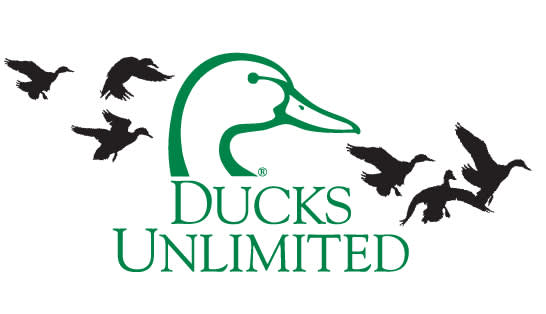Portion of Funds from $4.5 Billion BP Settlement to Benefit Gulf Coast Fish and Wildlife
Ducks Unlimited 11.15.12

BP announced today that it will plead guilty to several criminal charges under a settlement agreement reached with the U.S. Department of Justice over its role in the 2010 disaster involving the explosion on the Deepwater Horizon oil rig, in which an estimated 200 million gallons of crude oil leaked into the Gulf of Mexico. Under the terms of the settlement, BP will pay approximately $4.5 billion in installments over a five-year period, with nearly $2.4 billion going to the National Fish and Wildlife Foundation (NFWF), an independent non-profit conservation group chartered by Congress in 1984. NFWF will directly oversee the use of those funds to maximize benefits for fish and wildlife habitats in the Gulf Coast region.
The $4.5 billion settlement does not resolve penalties that could result from violations of the Clean Water Act. These penalties could range as high as $20 million if BP is found guilty of gross negligence.
“Ducks Unlimited applauds the decision to direct a significant portion of the settlement funds to the National Fish and Wildlife Foundation,” DU CEO Dale Hall said. “NFWF is the appropriate organization to manage these funds and determine how they can best be used to benefit Gulf Coast fish and wildlife and the people who depend on these resources for their livelihood and recreation. NFWF’s role in managing these funds is good news for the people and wildlife of the Gulf Coast.”
The Gulf Coastal Prairie region winters up to 14 million waterfowl in some years and is one of Ducks Unlimited’s highest conservation priorities. These wetlands comprise the most important wintering area for waterfowl in North America, yet they are also among the most threatened. In Louisiana alone, more than 16 square miles of fertile marsh are lost each year to erosion and subsidence, and extensive levee systems along the Mississippi River now prevent sedimentation from rebuilding these lost wetlands. Roughly 1 million of the 3.1 million acres of Louisiana coastal wetlands that existed just a century ago have disappeared, and the continuing loss has been equated to losing a football field-sized area of coastal marsh every hour.
“NFWF and DU, working with other conservation-minded partners, are committed to restoring, enhancing and protecting the Gulf Coast’s remaining coastal wetlands,” Hall said. “These funds will go a long way toward achieving those goals for the region’s important wildlife resources, including wetlands and waterfowl.”

